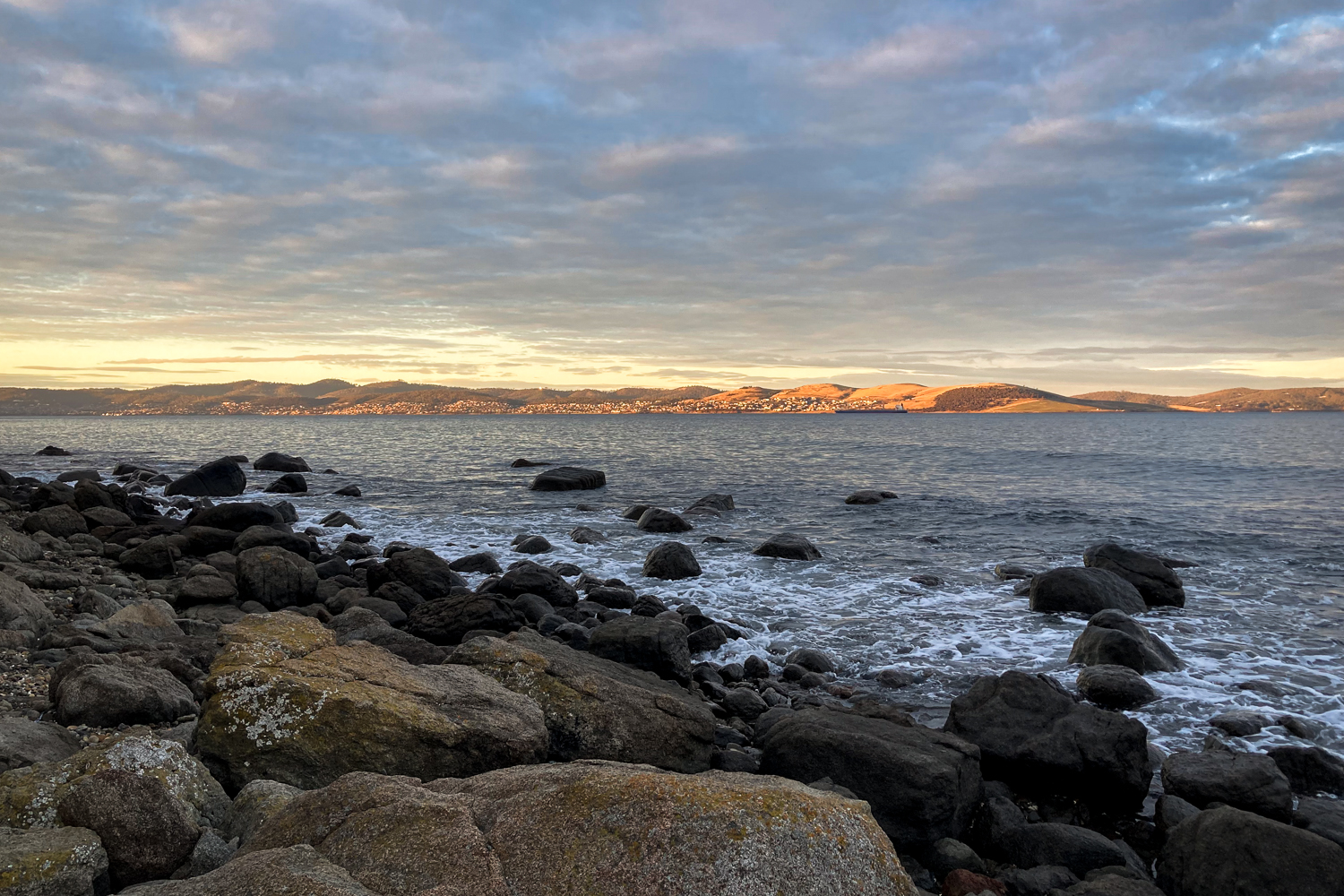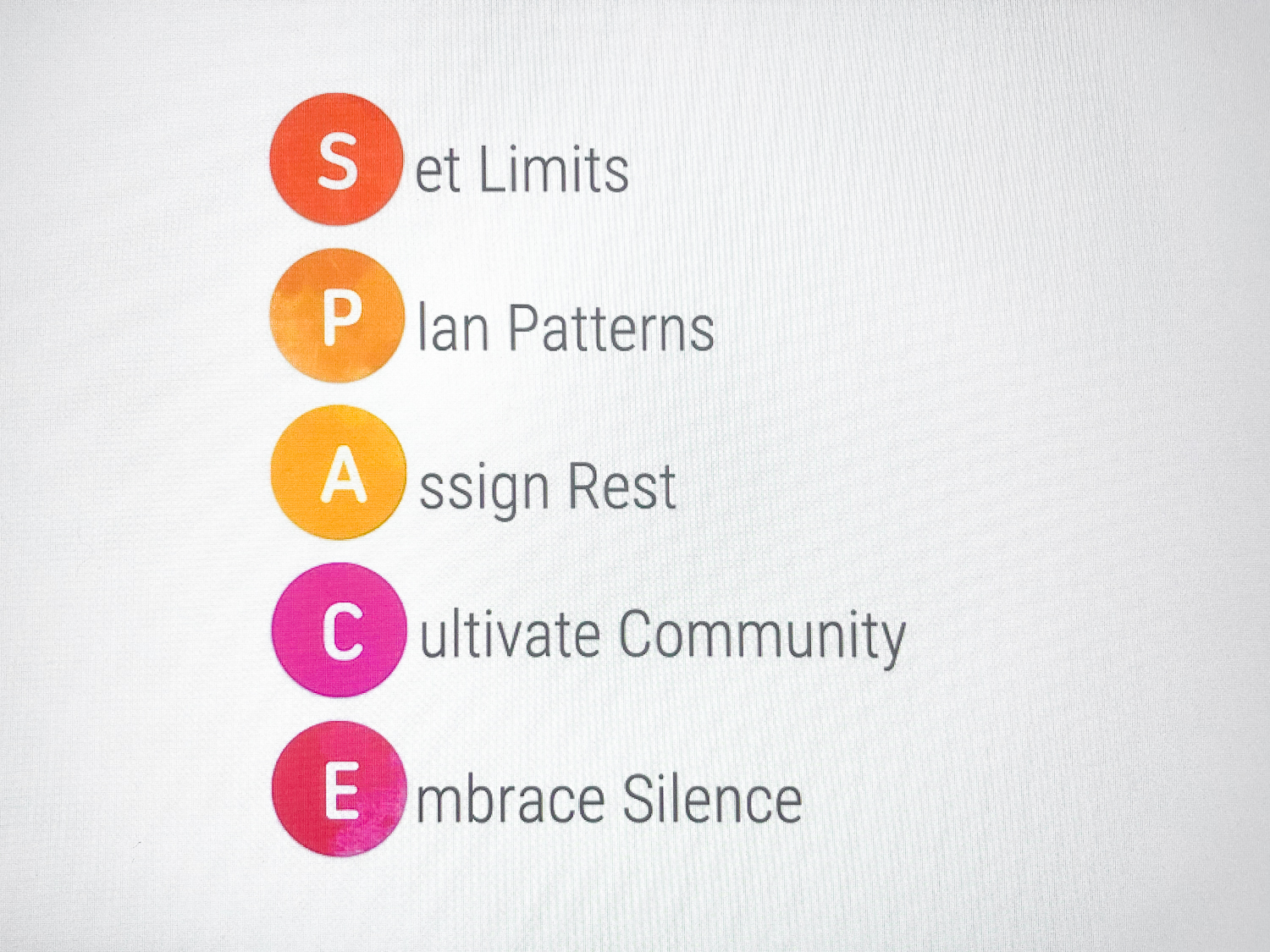Making space

Thinking about rethinking
I’m wondering whether 22 for 2022 is really a useful tool for my blog since I’ve been working on a bunch of things that aren’t related to my 22 for 2022 list. In fact, I’ve forgotten what’s on the list apart from the things I’m actively working on at the moment, which is mainly my TAFE work (thing 8) and what I’ve called my “Deep Work” handbook (thing 12).
Some of the things I’ve been reading and learning recently are making me rethink the way I want to prioritise things, do things and keep track of things, and I’m not sure a weekly round-up of “I worked on my TAFE course and I read a book” is helpful, or rewarding to write.
This shift has been led by the book Four Thousand Weeks by Oliver Burkeman, which has really shaken up the way I look at time and getting things done, but I also need to throw in the work from Spacemaker and Deep Work, and the stuff I’ve been learning about how the INTP personality type lives and breathes.
I’m even wondering if one big post a week is the best way for me to keep track of things or if I want to break it up into a couple of smaller posts that don’t necessarily go over my 22 for 2022 list. The blog is, after all, supposed to be about “my adventures in taking on new challenges and experimenting with new ideas as I explore how to make a meaningful life for myself”. I’m not sure writing about logging into my TAFE account qualifies as that!
I thought I’d give that approach a try, and the first thing I wanted to write about was revisiting Spacemaker.
Spacemaker revisited
I read this book last year and I found there was a lot of great stuff about unplugging and making space to get the important things done but I never followed that up with any concrete action. This became apparent to me on Friday when I sat in on a free lunchtime webinar with the book’s author Daniel Sih. Before I signed up, I wondered if I really needed to attend. After all, I’d read the book and I’d been to several of Daniel’s courses, so what was I going to learn?
I’m glad I did it! The thing I love about hearing the same message over and over again is that you pick up things you missed the first time or that you weren’t ready to hear, and it really helps stick the ideas in your brain.
I wasn’t thinking about that at the time I decided to sign up, but it’s what happened.
Daniel said something that might have been in the book and, if it was, I had overlooked it. He said your brain can’t tell the difference between you being online for work and being online for rest. It’s the same activity, whether it’s knowledge work or something you’re doing for fun, so staying online after work isn’t a rest for your brain, even if it feels like you’re not working. In order to get true rest, you (I) need to do things in a totally different place. He said chainsawing is one of the things he does, which I can’t say appeals, but you get the idea. A completely different activity.
Daniel said it a lot more eloquently than this, but the point is for our brain, online is online, no matter what the context. Because our brain can’t tell if we’re online for work or play, it doesn’t feel rested if we’re scrolling social media or whatever we do online for leisure.
So, what do we do?
We make SPACE.
In the book, Daniel outlines five principles of space, which are:
- Setting limits
- Planning patterns
- Assigning rest
- Cultivating community
- Embracing silence

Setting limits
Obviously, Daniel didn’t have time to cover all five in a one-hour webinar so he talked about the first one, setting limits.
Setting limits is about, well, setting limits on our online time so that we actually can rest our brains. Daniel compared overusing technology to overeating and said that, just as we need to limit our food intake in order to be healthy, we need to limit our technology exposure for the same reason. He observed that while we’re comfortable setting limits in relation to food, we haven’t grasped the same idea in relation to technology because we’re not used to thinking about it in the same way we think about other healthy habits.
It’s not about throwing out all of our technology but I suppose, in the same way as we moderate our intake of less nutritious food, it’s about moderating our use of it so we have space to do other things that are important to us.
In the book, Daniel has suggested a number of practices that might help us achieve this.
The daily pause
The practice Daniel talked about in the webinar was what he called the daily pause. He said this is one of the easiest things to do.
It’s basically making a habit of taking your phone out of action at times when you’d otherwise have used it. For example, it might be not taking it into your bedroom at night so you’re not scrolling the phone in bed and not picking it up and looking at it first thing in the morning. It might be having a regular meal with your family or friends with no phones. It might be going out for a walk without taking the phone.
At the end of the webinar, Daniel challenged us to come up with one concrete thing we were going to do from the session.
I spent some time over the weekend thinking about that and have come up with a plan that I’ll write about next time.